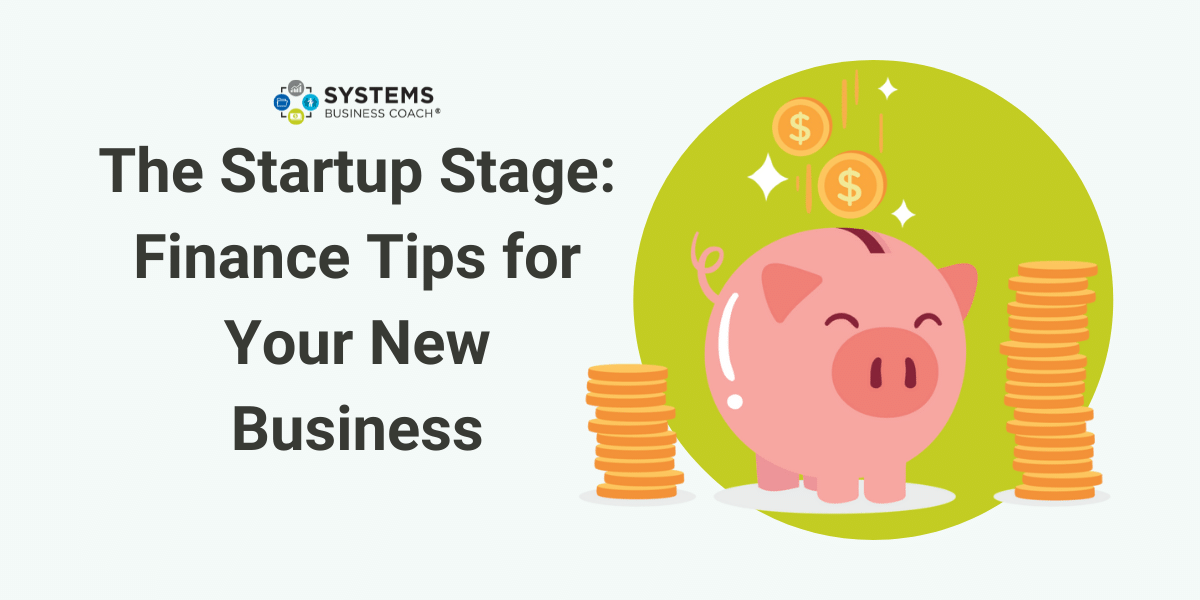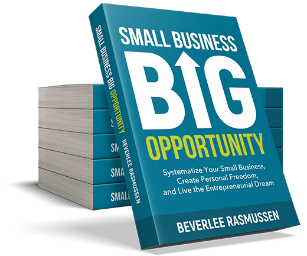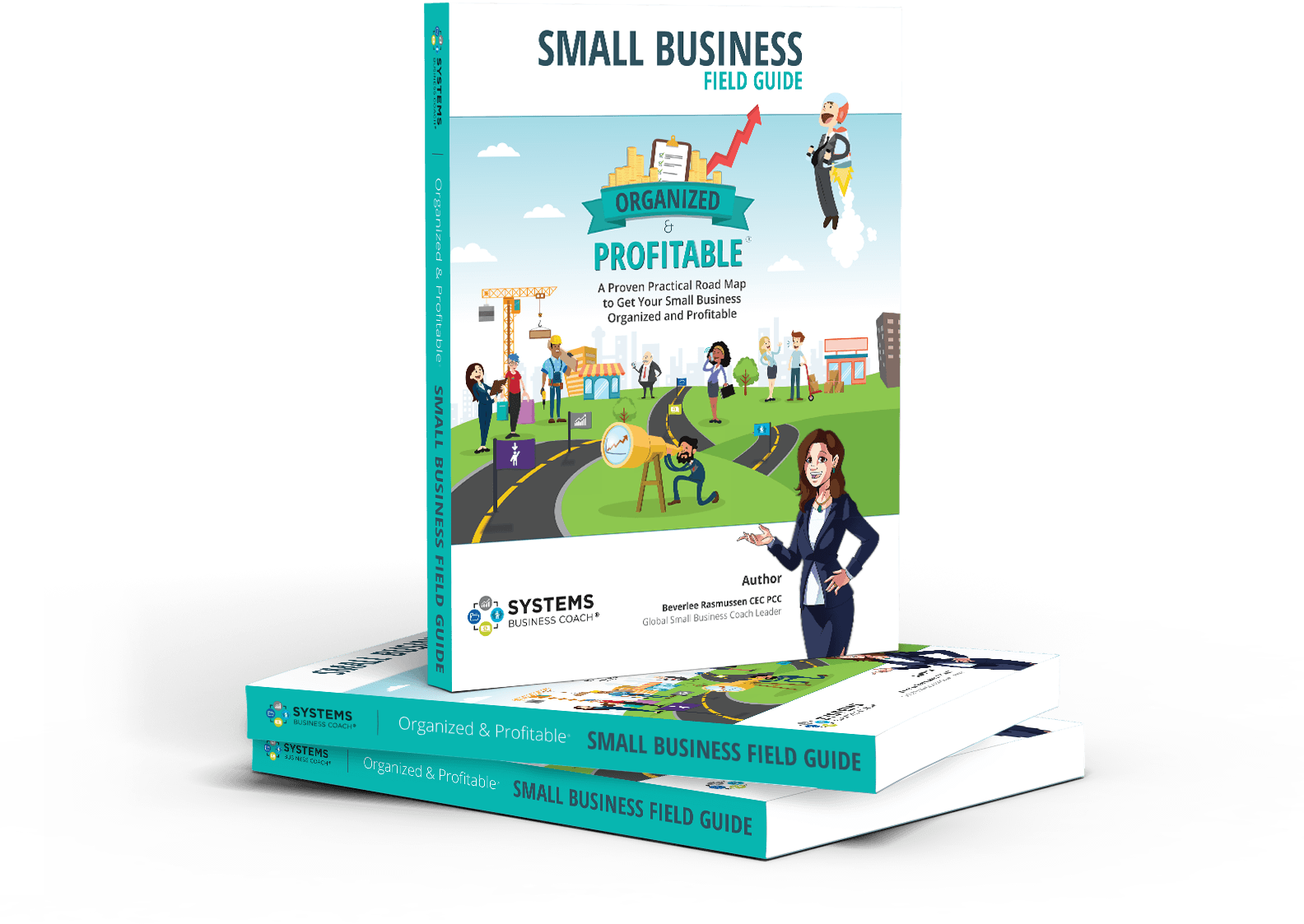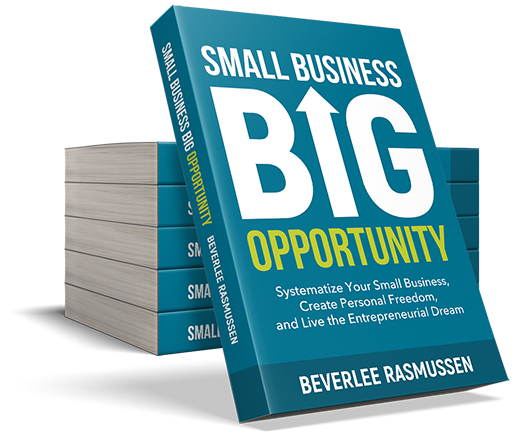The startup stage of entrepreneurship holds a strange duality; you are excited to pursue this new venture and nervous that it may not work out.
Perhaps you are itching to quit your job and dive into this business, but you haven’t made the leap yet because of the financial security your day job offers. You want to make sure this thing will work! Or perhaps you’ve already jumped in and just got your first credit card bill— how are you going to afford this thing? You took a risk and you are looking for it to pay off!
Wherever you are in the startup stage, finances are a crucial part of making your vision a reality. Many entrepreneurs start a business because they want to have enough money to take the issue of money off the table and have enough time to enjoy it. If this is you, then these tips will make a positive difference and set you on the path to profitability.
Have Cash in the Bank
Ideally, you will want to have three months’ operating cash in your business bank account at all times. This will account for any unforeseen expenses, and give you comfort as you navigate the beginning of your business. Plus, it’s a smart move to save six months’ worth of personal income for your family so you can still pay your bills if you’re not profitable for the first few months.
Have more than you think you’ll need
When I started my first business, I knew I could get a loan for fifty thousand dollars and the bank manager said that I should “Have at least half that again. Because when you need money, no one’s going to give it to you. You’re going to need more than you think.” I always felt safe knowing I had that extra cash on hand.
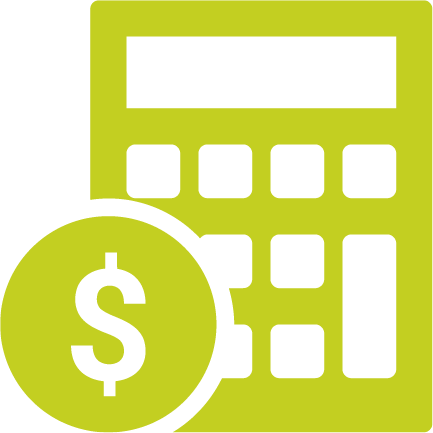
Consider your personal finances
If you plan to quit your job to start a business, apply for any mortgages or loans before you leave. It will take generally two full years of business profit before a lender will consider your small business income. Be very careful signing personal guarantees for anything unless you are fully aware of what that will mean for you if you default on those agreements.
Set up a bookkeeping system
Start tracking your money from day one. This allows you to document everything that you spend building the business, including the money and time that you personally contribute. You will be happy at tax time when you have accurate up-to-date records.
Know your expenses
New entrepreneurs are often surprised by just how expensive it is to build and run a business. Without careful planning, your startup money can evaporate before you have had a chance to make your first sale.
To prevent this, know and understand the full cost of starting your business. Plan for every dollar you need to spend and fiercely protect your startup capital. The cost of starting your business will vary depending on many factors. Every business is unique.
Use a startup cost calculator spreadsheet to get the full picture of what you are going to need to invest in starting this business. Include your one-time and reoccurring monthly operating expenses. Even if you plan on “volunteering” for a period of time, include the cost of a fair market wage for you in your calculations. Plan for the business to provide you with this wage AND make a profit.

Get to know numbers
Hate math? Now is the time to reconsider that position and build a new relationship with numbers. Love it or hate it, math and numbers are vital for any small business. Numbers are how you will track every decision in your business and determine in real-time what was a good or a poor choice.
“Nice to Have” or “Have to Have”
When you’re buying supplies for your business, ask the question, Is this a “nice to have” or a “have to have”?
Spending on “nice to haves” in the early days is a mistake many entrepreneurs make. You want your business to be a reflection of your good taste so you go out and buy all new computers, furniture and enough stock to sell for years— only to find yourself broke waiting for this thing to take off.
Be careful with buying too much too early. When starting out, borrow, lease, scrimp, make due and save your money. If your customers won’t know the difference and it doesn’t impact quality or service, then it’s worth saving on!
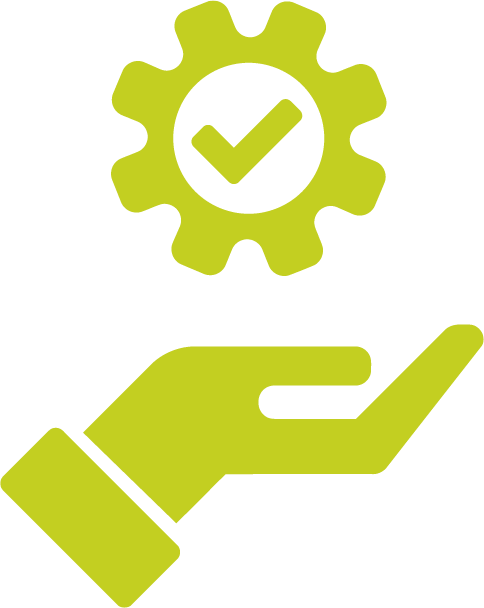
Be Patient
Building a new business will take longer than you think. Much, much, much longer. If you believe in your vision and can put aside the resources needed to make that vision real, then give it the time it deserves
It may take two to three years to recover your startup costs and have consistent cash flow. Profitability means that you are paying yourself a fair market wage and have money left over after all your operating expenses.
You may have to wait three to six months to be able to fully pay yourself. Any longer than that, reach out for help; you can only volunteer and donate to this business for so long.
Embracing the startup stage
These early days can be both exhilarating and frightening. With proper planning, including a well-crafted business plan, your aspirations of creating this amazing business have the best chance of becoming real.


What happens after the startup stage?
Sign up for this FREE workshop to get a powerful overview of small business financials to save you money, stress and time as your business grows.

